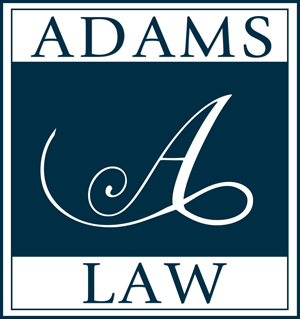Class Action Arbitration of California Wage and Hour Claims
Judicial interpretation of the enforceability of arbitration clauses in the context of class action claims for wage and hour violations, such as the failure to pay overtime, missed meal and rest breaks and misclassification as an independent contractor or exempt, continues to evolve.
In 2011, the U.S. Supreme Court issued its opinion in AT&T Mobility LLC v. Concepcion, which generally prohibits states from requiring additional due process before enforcing arbitration agreements. Since that opinion was issued, however, California lawyers and jurists have called into question the continuing validity of an earlier decision, Gentry v. Superior Court.
In Gentry, the California Supreme Court set forth a four part test to analyze whether class action arbitration waivers are enforceable. Some California courts continue to apply the four-part “Gentry test,” while others consider it inconsistent with the objective of enforcing arbitration agreements according to their terms, as set forth in Concepcion.
In its recent decision in Truly Nolen of America v. Superior Court, a California Court of Appeal initially calls into question the validity of Gentry, but ultimately holds that in the absence of an express or implied agreement among the parties regarding class arbitration, ordering the arbitration of statutory employment claims on a class wide basis was “questionable.” The Truly Nolan plaintiffs were pest control technicians who claimed that they were misclassified as exempt from overtime pay.
On appeal, the court agreed that under Concepcion, class action waivers in employment arbitration agreements should be enforced, even if class arbitration would be “more efficient” than individual arbitration. The appellate court noted, however, that because Concepcion addressed class action waivers in the context of consumer claims, rather than statutory claims, Gentry remains good law.
As it stands, employees will likely have to satisfy the more rigorous four-part test to compel class action arbitration over their employers’ objections, and will have to set forth specific facts and not a generalized statement about the benefits of class wide arbitration. Notably, this new case may impact plaintiffs’ ability to rely on consideration of “public policy” when seeking to avoid individual arbitration of their wage and hour claims.
If you have questions regarding whether you are owed overtime pay, are properly classified as an independent contractor or properly exempt as an employee earning a “salary,” please give us a call. We’ll be glad to examine whether any of your employment rights are being violated.





